Fan Anime – This Week in Anime
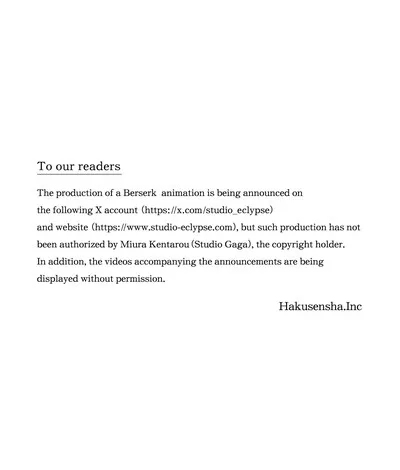
The new Berserk animation has been disavowed, but is this the only case of publishers coming down hard on fan creations? Steve and Chris dive into the world of doujin to find out.
Disclaimer: The views and opinions expressed by the participants in this chatlog are not the views of Anime News Network.
Steve, it’s amazing that all our antics here on TWIA still haven’t prompted us to be disowned by our distant Kadokawa overlords. It may seem like we’ve tried everything, but there’s at least one option left. One thing you can do that will get you disavowed by a major publisher.
Making your own anime.
I have yet to graduate from stick figures, so I will need more practice before we can go that route. Still, as is often the case when we look for topics to discuss, we put our ears to the ground to locate who got yelled at the loudest this week. It’s hard to outdo a scolding written in no fewer than five languages of legalese.
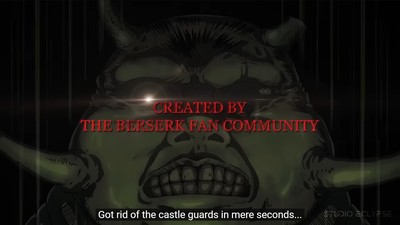
Notably, what Hakusensha put out was simply this disavowing statement, clarifying the unofficial, unsanctioned nature of the project, and it doesn’t look like any other further legal actions or takedowns have occurred yet.
Right, and Studio Eclypse themselves have yet to officially respond, so it’s possible little to nothing will come from this. Or the whole thing might get canned. What is interesting to think about right now is what differentiates this particular project from the bevy of other fanworks out there. It’s not as cut-and-dry as one might think.
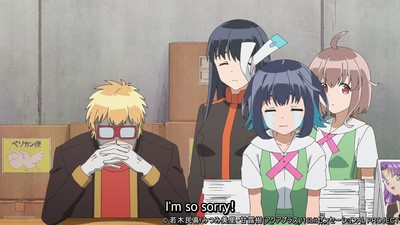
It’s a fascinating little (or large) grey area! And what I find especially fascinating is the apparent unity among most major Japanese publishers. Nothing legal is stopping any of them from enforcing their copyrights, but they mutually choose not to. There’s a weird symbiosis there, and I’d love to know if each publisher arrived at that conclusion on their own, or if there’s some unofficial pact between them to maintain the status quo.
Even I was given that particular line of legalese when they sent me a review copy of the Uma Musume Party Dash game last month. As if I would ever besmirch the good name of Gold Ship.
And that’s also not to say there hasn’t been legal action pursued in the past. Probably the most notable case involved erotic Pokémon doujinshi, which marked the first time anyone had been arrested for being a doujin artist.
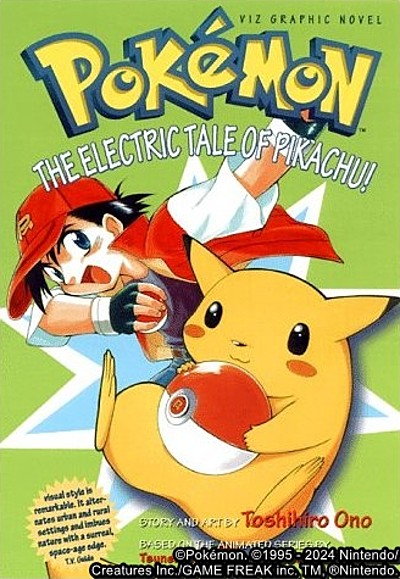
If you know, you know.
It’s to the point where the players and fans interested in these games are trying to look the other way and keep them on the down-low until they can be finished and released, lest some big outlet report on the games and bring the Big N’s hammer down.
It’s an odd comparison too, because the infringing doujin at Comiket are being sold for money while these fan game projects are typically distributed-for-free affairs, yet one gets the authorities sicced on them far more often than the other.
The internet contributes to increased visibility for these sorts of projects, and the litigation that results. So it’s a double-edged sword and an element that’s been a part of the weeb community for quite a while now. Fan comics, games, and animations have been distributed across the web for decades, becoming pretty foundational to the culture.
Imagine what the fandom would look like if Crypton more strongly contested how animators used Hatsune Miku.
Weeaboo culture—at least when I was indoctrinated into it—was inseparable from doujin culture. There simply was not one without the other. No nerd-dominated space survives without heavy fan input. What separates anime/manga from its neighbors is the amount and degree of sophistication in doujinshi. These aren’t just pieces of fan art or songs inspired by stuff. These are often complete one-shots, serials, albums, animations, and more. Individuals might put these together alone but they’re a part of a thriving community.
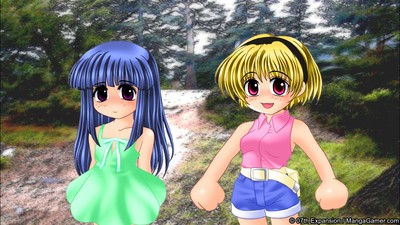
But yeah, Touhou for the longest time was doujin culture to me. It was much bigger than any of its contemporaries, and it frequently dominated the Comiket scene.
Truly this art best sells the dissonant horror of Higurashi since I could never believe that these adorable girls and their big, meaty claws would hurt me.
And that’s why I’m also shell-shocked we’re in an environment now where big corporations are savvy enough to try to capitalize on (i.e. mooch off) that can-do amateur attitude of the doujin scene.
マクドは大変なものを作っていきました#サムライマック #トリプル肉厚ビーフ pic.twitter.com/Oe45fI5xcn
— マクドナルド (@McDonaldsJapan) August 21, 2024
It’s not like there aren’t some nobler applications of this fan-fueled approach going official. Just this past week, I and other Transformers fans had our faces melted off by the 40th Anniversary video from Studio Trigger. Ostensibly a big toy advert like every other piece of the franchise, yes, but the spirit of it shone through due to the love for the series that Trigger, and especially director Akira Amemiya, have always been very, very obvious about.
Transformers 40th Anniversary
Special Movie
大絶賛公開中
━━━━━━━━━━━━━━━
BUMP OF CHICKEN
×
TRIGGER
×
Transformers… pic.twitter.com/18vmfw1pYA— 【公式】トランスフォーマー情報局 (@TF_pr) September 13, 2024
The video also credits Hayato Sakamoto, a writer for the franchise in Japan who did Transformers doujinshi before going pro!
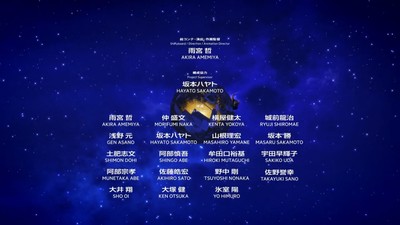
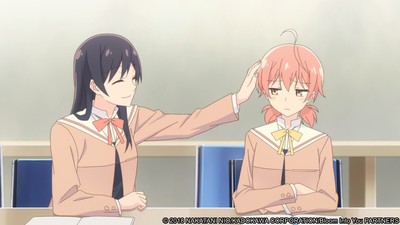



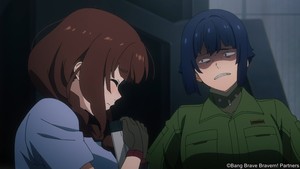
There’s yuri everywhere for those with the eyes to see. And circling back to our original example, Berserk is an especially ontologically interesting example if we’re talking about the distinction between official and fan works. One could argue that Berserk as it currently exists is a fan work.
These examples are more legitimate than some Joe Schmoe off the street trying his hand at a continuation. In Berserk‘s case, where it’s being spearheaded by friends and colleagues, it’s hard to criticize. Moreover, I think these situations emphasize how slippery the concept of “copyright” can be. It’s not as simple as a shield meant to protect creators and their creations. It’s a complicated set of legal definitions and bindings that more often than not are wielded by estates and corporations to suit their needs.
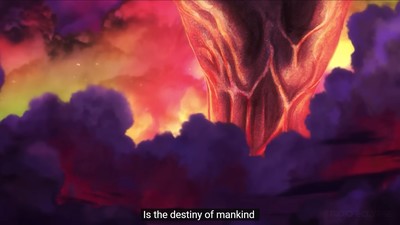
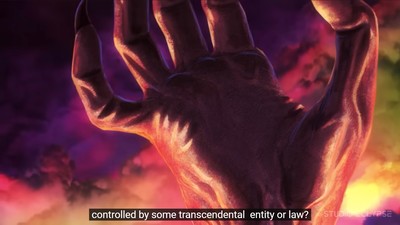
Interestingly, while they aren’t exactly “Joe Schmoe off the street,” Studio Eclypse are fans trying their hands at a continuation of Berserk, after a fashion, since this project nominally seeks to provide an anime adaptation of the manga where they feel the series has been underserved, particularly with the dissatisfaction around the 2016 Berserk anime.
A grievance held by many, to be fair. But it’s also hard to look at the whole situation and not conclude that Eclypse was playing with fire. They’ve got an open Patreon. The trailers have millions of views. They’ve received some buzz from the press. These are the flags that seem to attract the interest of legal departments.
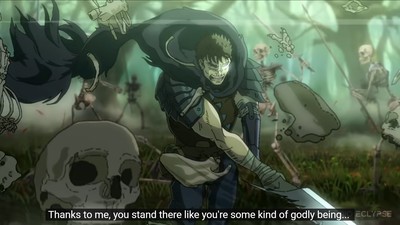
There’s having passion and pride in your work, but there’s also the act of flying too close to the sun.
I’m also suspect of any project that parades 1:1 comparisons with the manga like that’s a good thing anime adaptations should strive for. You’re also seemingly preparing the legal department’s PowerPoint slides for them.
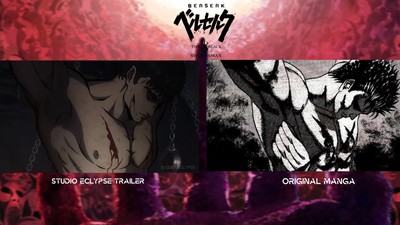
The good news is that this situation with The Black Swordsman seems to be an outlier—and as mentioned, they haven’t even had to formally take anything down as of this writing. Otherwise, we can reasonably presume that the filthy fanworks will keep flowing from Comiket, and our good old Vocaloid and Touhou MVs aren’t going anywhere, no matter how many burgers they try to use them to sell.
Source link
#Fan #Anime #Week #Anime

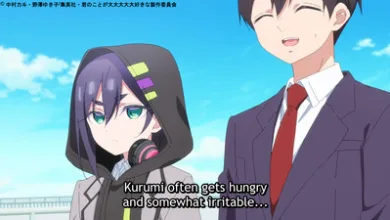
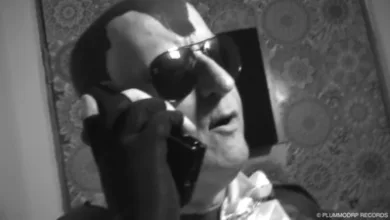
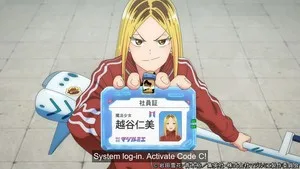
![For the Fans[ervice] - This Week in Anime](https://theanimenews.net/wp-content/uploads/2024/11/1732205217_For-the-Fanservice-This-Week-in-Anime-390x220.webp)